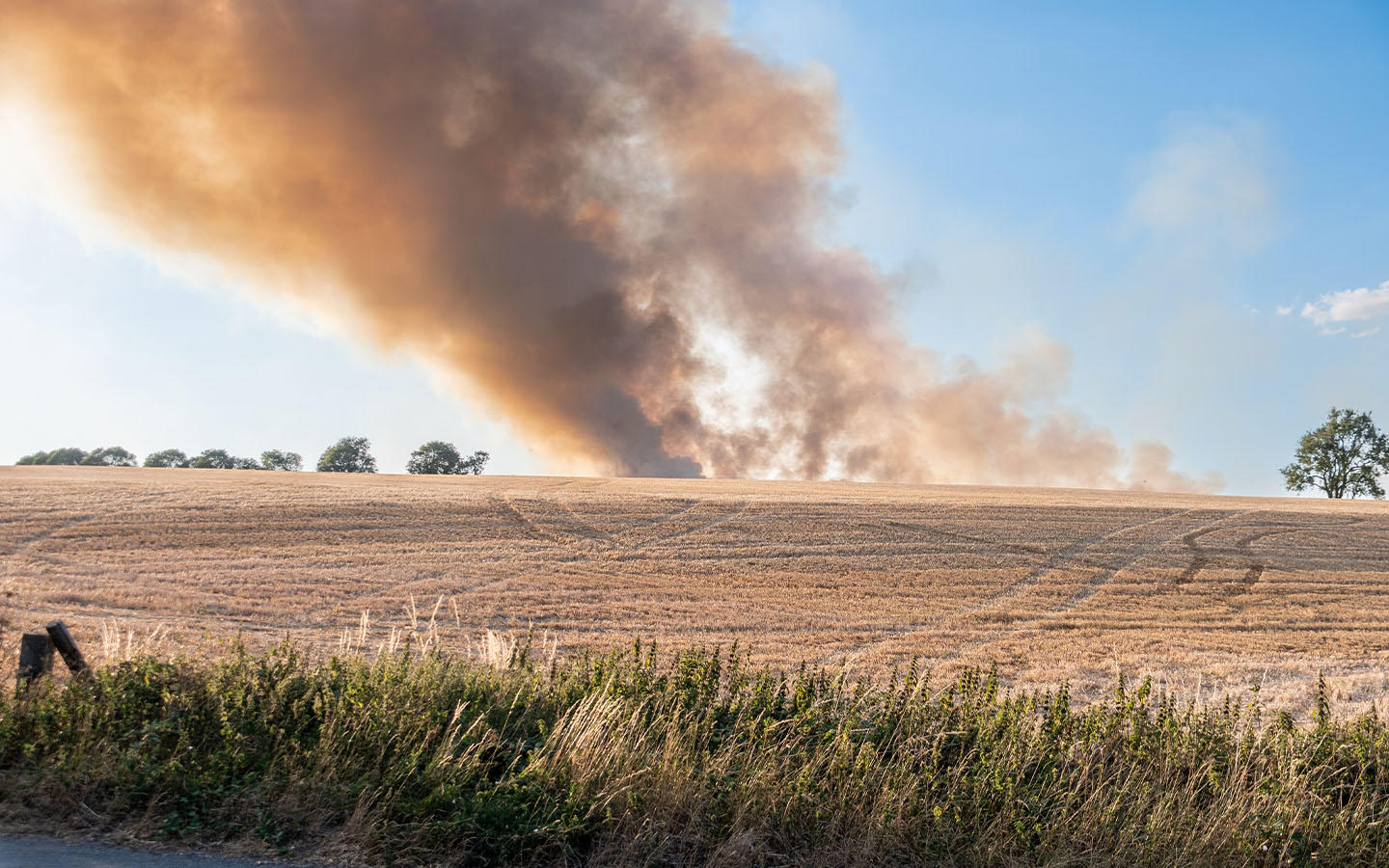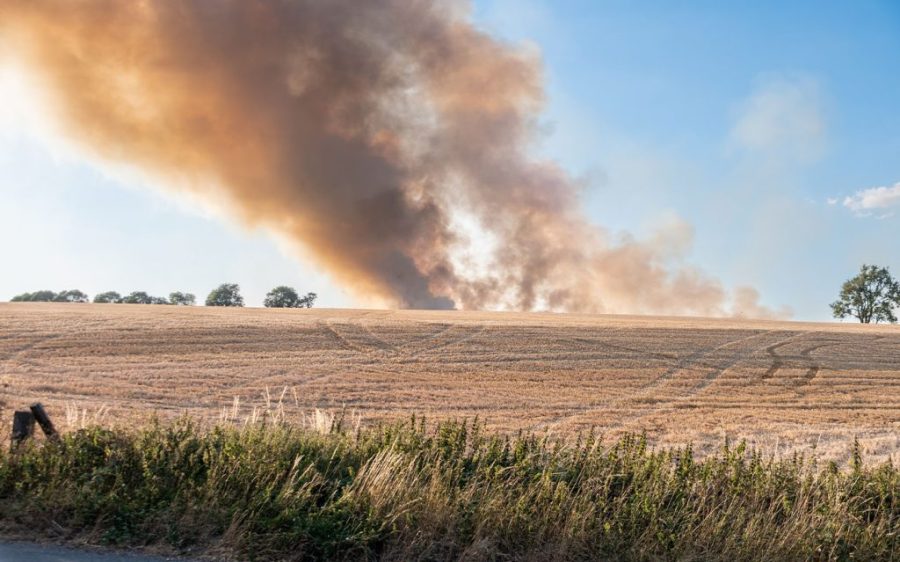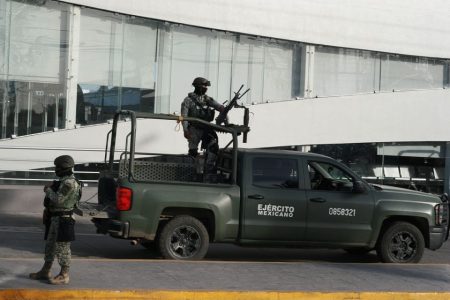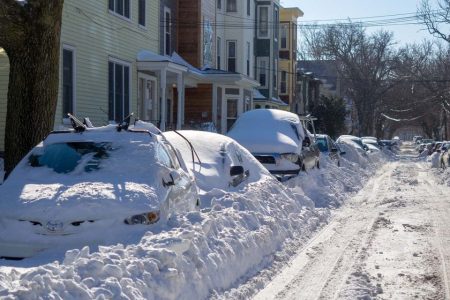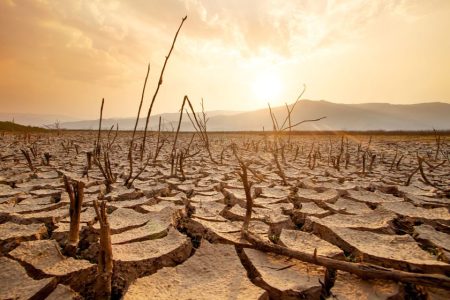Wildfires in the UK have set a new record, doing more damage in the first few months of 2025 than in all of 2019, with the summer fire season still on the horizon, reports the Manchester Evening Standard.
By late April, data from the Global Wildfire Information System (GWIS) showed that over 29,200 hectares had burned in the UK, surpassing the previous record for all of 2019 by more than 1,000 hectares.
“We had an exceptionally dry and sunny March,” Will Lang, head of risk and resilience services at the Met Office, told the BBC. “This followed quite a wet autumn and winter, which can have the effect of increasing the vegetation that acts as fuel for any fire that does start.”
Meteorologists in the UK have said that climate change would cause summers to be up to 60 percent drier and winters to be warmer and wetter, with the National Fire Chiefs Council warning that the country is not prepared for the impact.
Stefan Doerr, a professor of wildland fire science at Swansea University, described this spring’s conditions to the Manchester Evening Standard as the “perfect storm” for wildfires. Wetter conditions offered a brief reprieve only to jump again in May, up nearly 10 percent to 31,967 hectares burned, with the more severe summer season on the horizon.
Despite a steady upward trend over the last two decades, the severity of the first few months of 2025 still caught many experts off guard. “No-one saw this coming, and I include myself in that,” Guillermo Rein, professor of fire science at Imperial College London, told the paper. “The uptick we’re seeing now is unprecedented.”
[See more: The catastrophic Los Angeles wildfires are fuelled by climate change, experts say]
Unlike California or Spain, the UK isn’t a landscape adapted to fire, putting plant and animal life at increased risk. When a fire broke out in the Upper Goyt Valley last week, Richard Bailey showed up to help fight it. Co-ordinator of the Peak District Moorland Group, Bailey spent more than a decade as a gamekeeper in the valley so he knew the fire “couldn’t have happened at a worse time of year.”
This early in the nesting season, he told the Manchester Evening Standard, most chicks were still in their eggs and they have all been burned. “I put in 16 years of my life looking after that ground,” he reflected. “It’s just heartbreaking.”
Rein told the paper that he feared the summer will be even worse. “There will be many rainy days between now and the summer,” he said. “I just hope the vegetation can gather enough moisture as possible in that time.”
That will cut down on fuel, as would controlled burns – an established but controversial practice of burning select areas at appropriate times to reduce risk of uncontrolled wildfires. “If you can create a patchwork quilt type of effect of the intensity of a fire will be massively reduced,” Bailey explained. “You have got to have land management for the populations and communities that rely on these wild areas.”
There is also room to reduce the number of ignitions. Most fires in the UK are started by humans, deliberately or accidentally, through barbecues, cigarettes and discarded glass. Raising awareness of the risk of fire among the public would help, as would possibly restricting access to areas like moors during high-risk periods, Doerr told the paper.
If nothing else, these measures would reduce the pressure on fire and rescue services, which have responded to more than 400 wildfires in England and Wales in just the first four months of the year. A spokesman for the National Fire Chiefs Council (NFCC) emphasised that the growing incident rate of fires in the UK requires “long-term and sustained investment” to “continue to keep our communities safe.”
